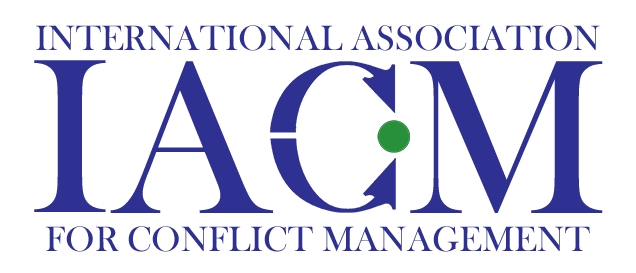Full Program »
Too busy to feel shame: Cognitive job demands improve the task focus and performance for the highly shame-prone
Keywords: shame, creativity, emotions, experiment
Abstract: Research on moral emotions has shown repeatedly the maladaptive effects of shame. We identify characteristics of individuals’ environments that minimize the undermining effects of shame, allowing those who are highly shame-prone to be more focused and to perform better. Drawing from the distraction theory of emotion regulation, we proposed that higher cognitive job demands down-regulate the negative self-focus associated with shame proneness, thus elevating the task performance of people who are more shame-prone. As predicted, higher cognitive job demands correlated positively with the patient satisfaction ratings for more (but not less) shame-prone physicians (Study 1) and the creative performance ratings for more (but not less) shame-prone participants (Study 2). A manipulation of cognitive job demands demonstrated their causal effect on more (but not less) shame-prone people’s task focus (Study 3) and task performance (Study 4). We discuss the implications of these findings for the literature on moral emotions.
